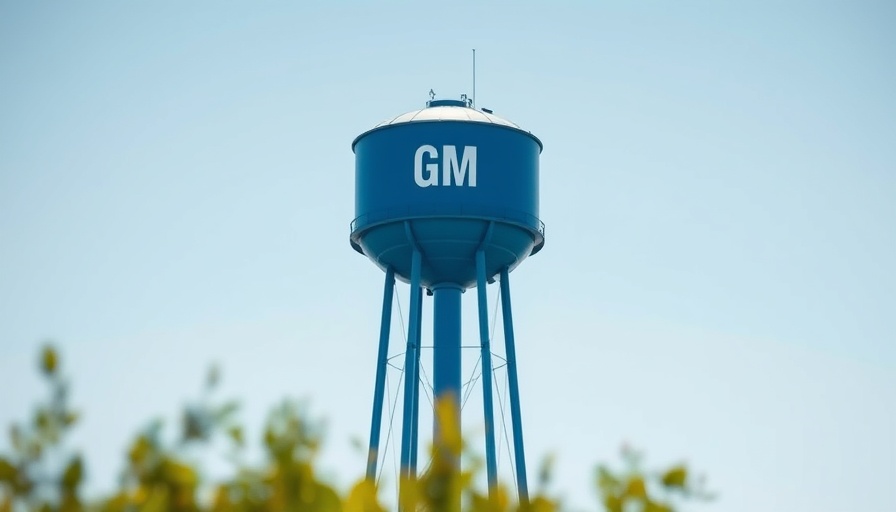
GM’s Substantial Loss and Its Impact on the EV Market
General Motors (GM) is grappling with a staggering $1.6 billion charge in the third quarter as the company reevaluates its electric vehicle (EV) strategy. This downturn follows the elimination of a critical $7,500 federal tax credit, a change that analysts fear will slow down EV adoption across the board. In light of these developments, both GM and other car manufacturers are rethinking their production plans as they face declining demand for electric vehicles.
The Federal Tax Credit’s Significant Role
The removal of the federal EV tax credit has thrown a shadow over GM’s previous ambitions. Company executives had targeted aggressive expansion plans set forth by CEO Mary Barra just a few years ago, indicating plans to transform GM into an all-electric car manufacturer by 2035. However, many in the industry, including Ford CEO Jim Farley, are now cautioning that without such incentives, consumer interest in EVs may sharply decline.
Market Responses: Adapting to Changing Dynamics
In light of these setbacks, GM did attempt a workaround by planning a dealer-offered tax credit that wouldn’t rely on government backing. However, they have since canceled this initiative. The company anticipates further financial repercussions as it continues to reassess its production capabilities. An impairment charge of $1.2 billion has already been attributed to shifts in EV capacity, along with $400 million in costs related to contract cancellations.
A Broader Trend in the Automotive Industry
This transformation at GM is reflective of a larger trend among automakers. Firms like Honda, Jeep, and Porsche are also retracting their EV plans and pivoting back to hybrids or gas-powered vehicles. As automakers reassess their strategies, the landscape suggests a more conservative approach towards electric models.
Future Predictions and Consumer Behavior
Experts are divided on what this means for the future. Some suggest that the electric vehicle market may not be as resilient as previously thought, while others believe there will be a rebound once economic conditions stabilize. Consumer preferences, especially among small and medium-sized businesses, are pivotal to shaping the future of the EV market.
For small and medium business owners looking to navigate this changing automotive landscape, understanding these developments is crucial. It not only highlights the trajectories of major car manufacturers but also emphasizes the importance of being adaptable in a fluctuating market.
 Add Row
Add Row  Add
Add 










Write A Comment